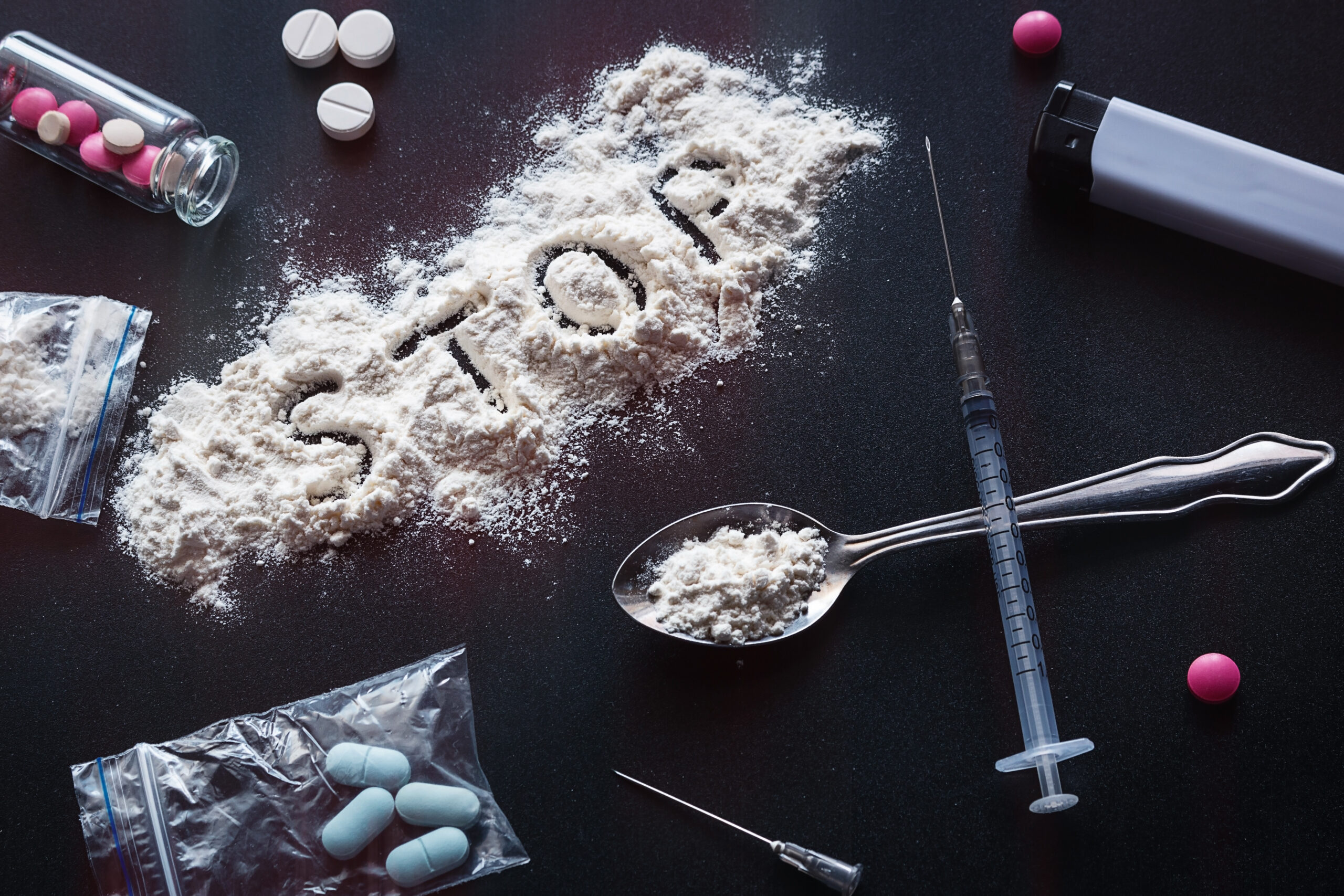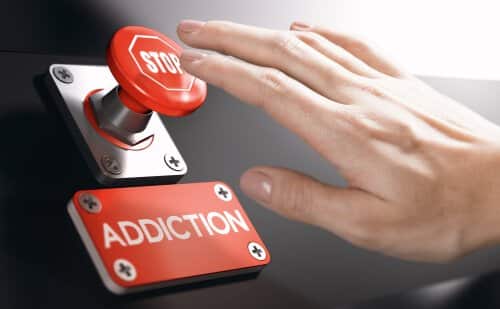International Day against Drug Abuse and Illicit Drug Trafficking
The ill effects of Drug Abuse and Illicit Trafficking have been steadily increasing in human society over the past few decades. The use of chemicals or other naturally produced mind-altering substances to produce pleasurable effects on the brain is commonly referred to as drug abuse.
Over 190 million people, or about 2.5% of the world’s population uses drugs, and addiction has grown at alarming rate over the past two decades, especially among young adults under the age of 30. First, we need to understand the terms “drug abuse” and “illicit drug trafficking.”
In North Eastern part of the United States, New Jersey has been at the center of drug trafficking operations due to its location as the entry point to New York City, busy seaports, access to two international airports, and miles of highways connecting to different parts of New York City.
Newark, Jersey City, Elizabeth, Camden, New Brunswick and Paterson, have all witnessed a substantial increase in drug trafficking operations.

What is Illicit Drug Trafficking?
The illegal trade or smuggling of various types of mind-altering drugs is known as illicit trafficking. The global drug trafficking market is constantly changing, undermining social development programs, harming the economy through lost productivity, contributing to crime, and causing loss of life through drug overdoses.
What are the causes of drug abuse?
- Drugs of abuse are mind-altering drugs that are used by individuals for a variety of reasons – peer pressure, experimentation, genuine medical reasons or for fun.
- Some individuals, especially women use drugs or alcohol to self-medicate for mental health issues such as depression or anxiety.
- Opioid prescription medications that were meant to be used for acute pain relief have evolved into products commonly used to escape reality or numb feelings.
Why is the International Day against Drug Abuse and Illicit Drug Trafficking important?
June 26th has been designated as the International Day against Drug Abuse, and Illicit Trafficking, or “The World Drug Day.” In 2020, The International Day Against Drug Abuse and Illicit Trafficking day focus was on the importance of enhancing awareness of the global drug crisis.
It also emphasized the importance of spreading awareness about drug abuse and the impact on budgets and governance worldwide. Social issues that lead to drug abuse were to be highlighted so that unified action to solve these problems could be initiated. However, the problem is not just illicit drugs! Licit medications such as opioid pain pills to treat acute pain and benzodiazepines to treat insomnia and anxiety were also to blame.
The abuse of heroin, fentanyl, Oxycodone, Percocet, Oxycontin, Valium, Xanax, Klonopin has increased in New Jersey over the past 2 decades. In recent years, fentanyl, a synthetic opiate, has been fingered as the most deadly drug due to its potency. The cost of addiction, including
treatment cost, productivity loss and criminal justice costs cannot be underestimated and could well top $1 trillion in the United States of America.
Luckily, criminal justice costs are being reduced by recognizing that addiction is a disease and not a behavioral issue. Courts in New Jersey, whether it be in Freehold or Middlesex, are increasingly mandating treatment instead of imposing a prison sentence, incentivizing
individuals afflicted by the disease of addiction to access treatment and enter recovery.
Over the past few years, access to addiction treatment has expanded as more addiction treatment providers have entered the market, new drug treatment models such as ambulatory detoxification have been initiated and acceptance of medication assisted treatment, also known as MAT, has made addiction treatment access easier. New Jersey has also increased reimbursement rates for Medicaid providers. As a result, addiction treatment is easily accessible in New Jersey, no matter where you live – Eatontown or Middletown, New Brunswick or East Brunswick, Manlapan or Somerset, Bridgewater or Edgewater.
How Addiction Treatment Works at a Rehab Center or Addiction Treatment Facility?
In the past, addiction was viewed as a behavioral issue and the focus was on correcting behavior. Therefore, individuals afflicted by the disease of addiction were isolated from society and confined to a facility for months in the hope that they learnt to live drug free. Cravings and withdrawal symptoms were largely ignored and the focus was on keeping individuals in treatment until they went away or were minimized. This was a brutal form of treatment as withdrawal symptoms can be severe and could be dangerous or even fatal.
With the advent of new medications to assist in addiction treatment and recognition that addiction was disease, the approach to treatment changed. While the use of medications increased, the dominant modality of treatment continued to be inpatient, which still favored the behavioral model. Only with the recent introduction of the Ambulatory, or Outpatient Detox model for all substances of abuse – opiates, benzodiazepines, alcohol, and anesthetics – did addiction treatment truly move fully to the disease model of treatment where all levels of care became available on an outpatient basis.
The initial focus of addiction treatment today, whether inpatient detox or outpatient detox, is on addressing withdrawal symptoms and cravings through medications and mitigating the risk of adverse medical events such as seizures and stroke for alcohol withdrawal and benzodiazepine withdrawal. Also, co-occurring psychiatric issues have to be addressed in order to deliver favorable outcomes.
After physical stabilization, the focus is on therapy in order to effect lifestyle changes in order to remain sober and prevent relapse. This can be initiated through follow through treatment in the Partial Care and Intensive Outpatient, or IOP, levels of care.
What is Drug and Alcohol Rehab?
Drug rehabilitation is the continuation of recovery support and psychiatric care post addiction treatment. The facilities that offer this service are called as drug treatment rehab. It also includes one-on-one therapy.
What are the Benefits of Drug and Alcohol Rehab?
It essentially makes it easier to say on the path to sobriety in the face of life triggers due to continued support. It allows the individual to access a structured support system readily when triggers and life stressors occur.
Conclusion
Addiction is a chronic disease and long-term treatment is needed in order to effectively address the condition. It is unacceptable to link an individual’s behavior while in active addiction to his or her moral values or character. The brain changes due to repeated use of substances, as it stops producing the pleasure neurotransmitter dopamine in reaction to previously pleasurable activities such as sex, food or hobbies, and it takes years for the brain to change back to producing enough dopamine to release appropriate amounts of dopamine in response to pleasurable activities without stimulation from drugs or alcohol.
Related Articles
How to Recognize Symptoms and Signs Related to Drug Abuse
Substance determine success rate drug rehab




